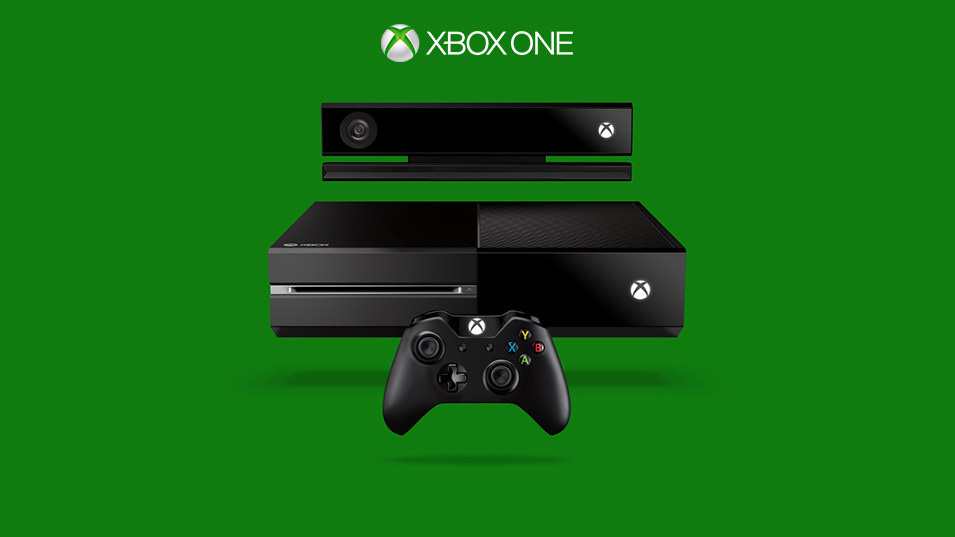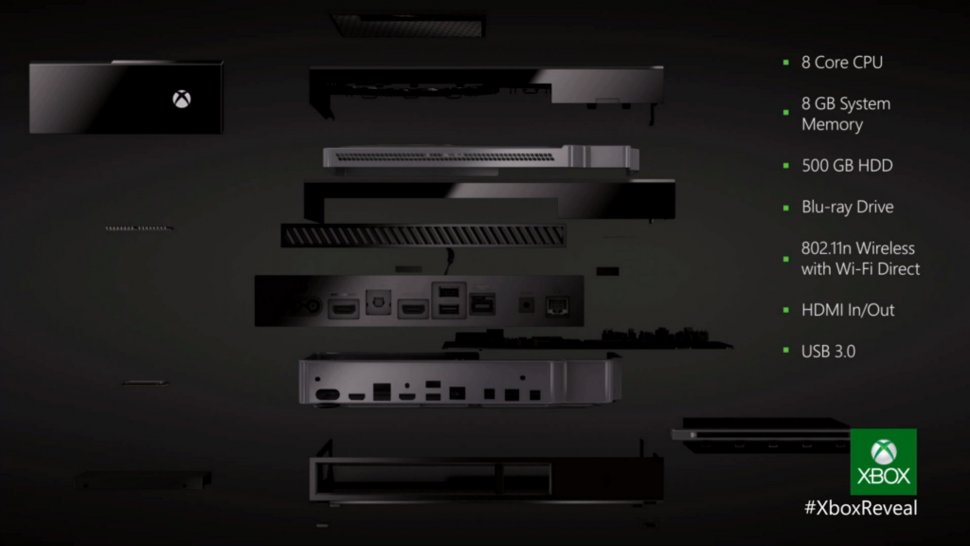
Changing What a Console Is
Before the launch of the PlayStation 3, the device was being touted as the center of the living room. The PS3 would be the place to watch TV, play your movies, playback your music, and, of course, play games. Sony has had this grand vision for their systems since the PlayStation 2 integrated a DVD drive and it's something we've heard time and time again, but it really wasn't until midway through this generation (thanks to firmware updates) that we've seen consoles morph into multimedia devices.
Microsoft seems to be leading that charge this time with the renewed focus on media first, games second. The one problem that comes from this - and this will most likely be evident in both consoles - is now we're changing what it means to be a console.
Consoles typically launched with dedicated hardware that was at or near bleeding edge computer hardware. This gave them an advantage graphically for years over the PC until computers caught up. Furthermore, they could do more with less because consoles didn't need to worry about multitasking, a full operating system, or several other processes. Think about it - the Xbox 360 only has 512MB of RAM right now. The minimum system requirements for the PC version of Resident Evil Revelations, a game that originated on the 3DS, is 2GB - 4x the limit of what the Xbox 360 has. Yet Revelations runs just fine on the Xbox 360.

Now with the next generation, while the hardware isn't slacking; it's once again close to bleeding edge PC specs. But now the console will have a lot more to do other than just play games - it'll need to manage online connections and stream video captures to social media. In the Xbox One's case it'll have to take Kinect into account along with the media capabilities of the box for "fast switching." In fact, according to the technical panel that took place after the reveal, the Xbox One is running two operating systems in virtualized environments on the box - one for games and one for everything else. This means even more memory is going to be eaten up and less of that 8GB will be available for developers to utilize. While that might not be an issue now, five or six years down the road it could cause problems.
In fact, both consoles are based on x86 PC architecture. These are essentially computers with as close to off the shelf components as we've had from consoles. There's a convergence happening here and while it makes consoles more flexible, it also makes them more obsolete.